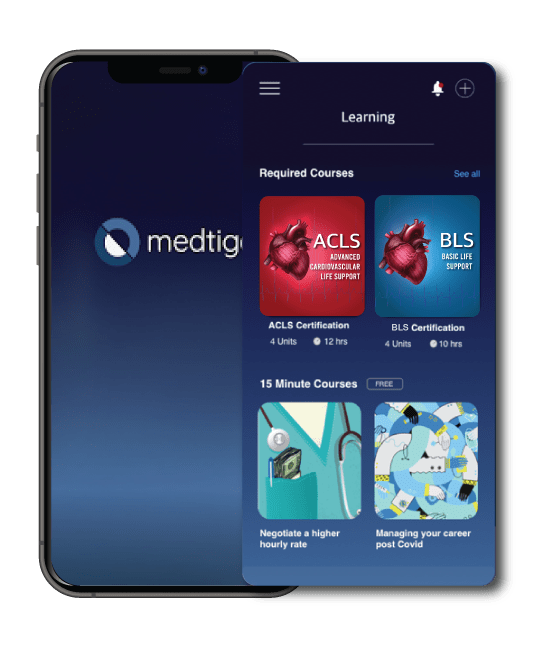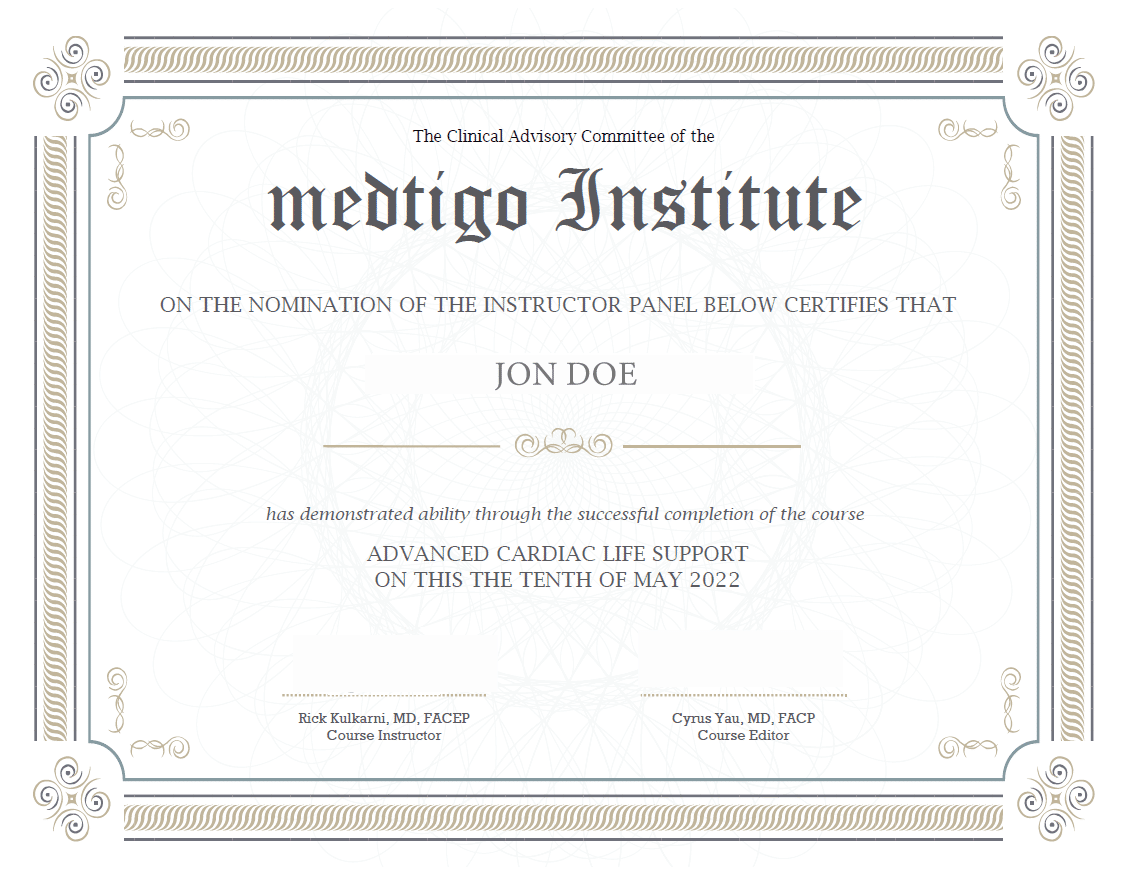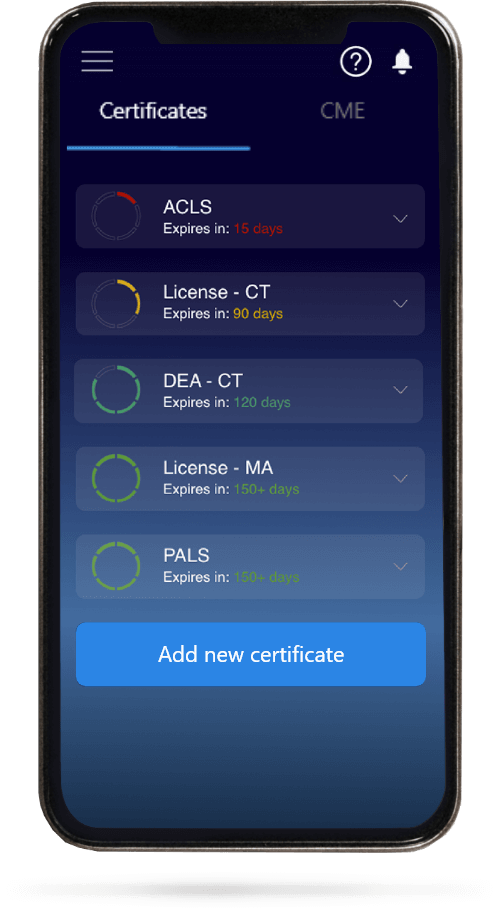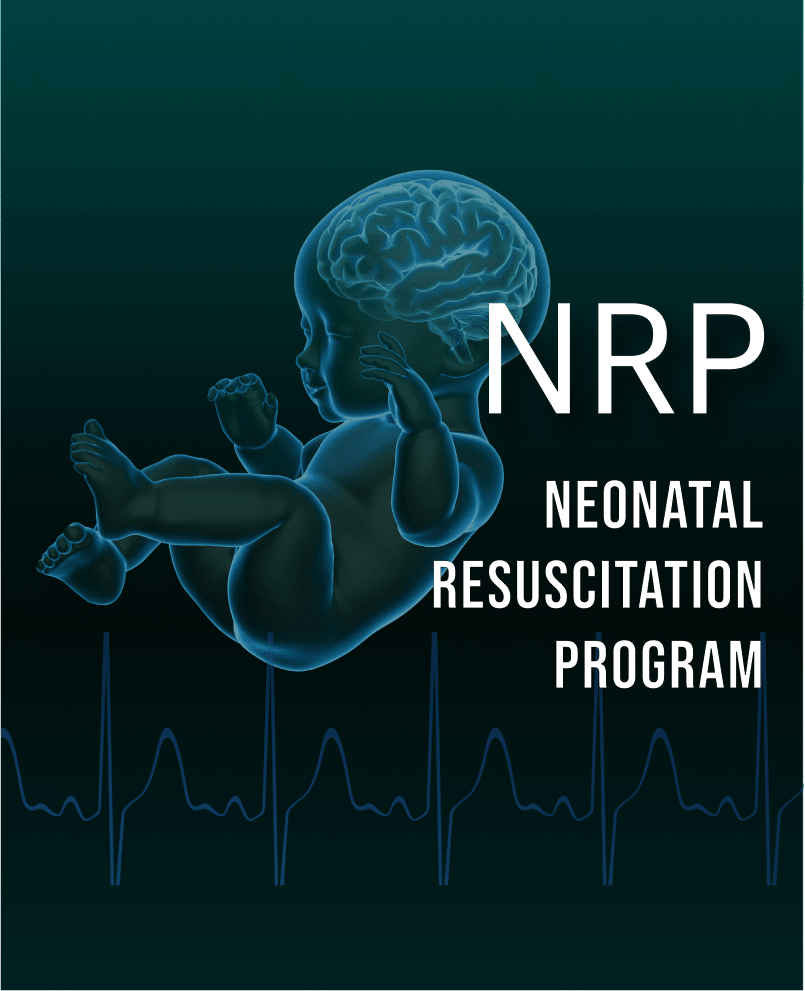The US Food and Drug Administration (FDA) is taking steps to reduce the danger presented by particular chemical relaxers and pressing agents. The Food and Drug Administration (FDA) has announced plans to develop a regulation prohibiting the sale of items containing formaldehyde and related compounds in an effort to protect public health.
This article sets the stage for the proposed ban, covers the history of the items in question, and evaluates the possible consequences of such a ban. The FDA is looking into whether formaldehyde and similar compounds used in hair straightening treatments should be banned owing to safety concerns. African-American and Latina women are especially worried about their use due to their disproportionate exposure to the possible health dangers linked with these substances.
Several hair straighteners contain formaldehyde, a recognized carcinogen. Concerns have long been expressed concerning a possible relationship between formaldehyde and hormone-related diseases such as ovarian, breast, and uterine cancer. As part of its commitment to public safety and its goal to remedy disparities in product safety, the FDA has proposed a rule that would particularly target these dangerous substances.
The scientific data strongly supports a prohibition in this scenario. According to Harvard T.H. Chan School of Public Health research, over 50% of items sold to Black women include formaldehyde and similar chemicals, but just around 7% of products marketed to White women have equivalent compounds. This troubling disparity underscores the beauty and fashion industries’ persistent racism and inequality.
The research published in the Journal of the National Cancer Institute adds to these worries. Researchers examined data from over 34,000 American women and discovered that those who used hair-straightening products in the previous year had a substantially increased risk of developing uterine cancer.
When compared to non-users, regular users of these products had a considerably greater chance of acquiring uterine cancer.The proposed restriction does not just apply to long-term health hazards such as cancer. Immediate negative health impacts, such as skin hypersensitivity responses and breathing issues, are also highlighted. These concerns underline the critical need for action to protect the health of these goods’ customers.
Many politicians and activists have urged for the use of these chemicals in hair straighteners to be prohibited. In March, Representatives Ayanna Pressley and Shontel Brown wrote to FDA Commissioner Dr. Robert Califf, asking an open and complete probe into the goods’ safety. The need of tackling these health risks, particularly in underserved populations, was stressed.
Both Pressley and Brown have asked for the FDA’s proposed restriction to be implemented as soon as possible. They argue that while this is important for everyone’s health, Black women, who have been disproportionately harmed by these goods because to racism and social expectations of beauty, require specific safeguards.
In a statement, Pressley said, “The FDA’s proposal to ban these harmful chemicals in hair straighteners and relaxers is a win for public health – especially the health of Black women who are disproportionately put at risk by these products as a result of systemic racism and anti-Black hair sentiment.”
There have been legal challenges as well as commercial responses to the FDA’s plan. Jenny Mitchell, a Missouri citizen, has launched a lawsuit against L’Oreal, alleging that the company’s chemical hair-straightening products caused her to acquire uterine cancer.
L’Oréal has maintained that its products are risk-free, claiming that they are rigorously tested in laboratories before reaching retail shelves. This case demonstrates the importance of broad regulatory action to address the complexities of product safety claims.
The proposed ban emphasizes the larger cultural pressures and beauty traditions that have long pushed people, particularly young African-American girls, to use chemical relaxers and straighteners. These products have been pushed as a way to achieve the unrealistic beauty standards set by the media and culture.
Jenny Mitchell, the L’Oreal lawsuit’s plaintiff, stated that cultural conventions influenced how the goods were utilized. When questioned why she used chemical relaxers and straighteners, she said, “Like other young African-American girls, I was introduced to them when I was very young.” various looks have become the norm for obtaining various emotional states in society.
News Reference
Howard, J. (2023). FDA plans to propose ban on hair-straightening chemical products linked to health risks. Retrieved from https://edition.cnn.com/2023/10/13/health/fda-hair-straightening-chemical-products-rule-proposal/index.html











